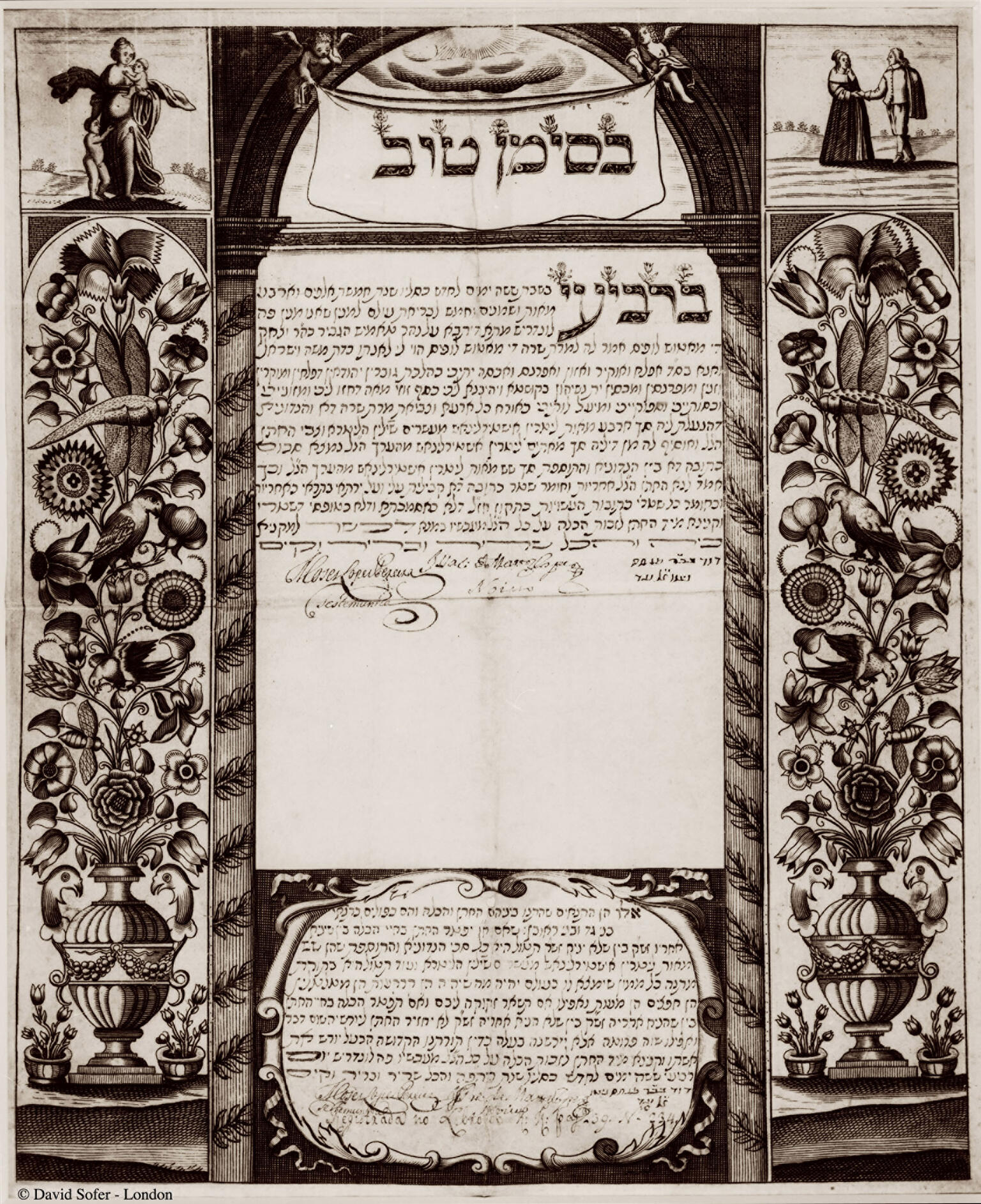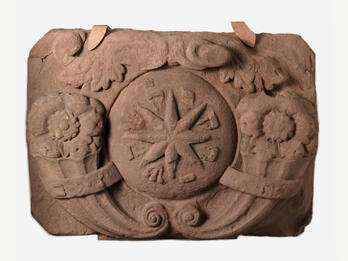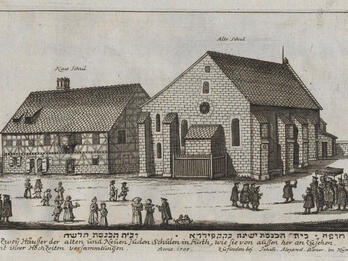Ketubbah
David Nieto
1724

Creator Bio
David Nieto
David Nieto studied medicine in Padua, Italy, and initially served as physician, preacher, and rabbinic judge in Leghorn (Livorno). In 1701, he was appointed ḥakham (rabbi) of the Spanish and Portuguese Congregation in London, becoming the first rabbi of the Bevis Marks Synagogue, though his contract required that he cease practicing medicine. A philosopher and astronomer, Nieto knew many languages and was familiar with contemporary philosophical and religious thought, as well as secular learning. Among Nieto’s many works is a calendar of Sabbaths and festivals written in 1717 that was used by the Jewish community of London until the nineteenth century. Nieto spoke out against Sabbateanism in his work Esh dat (Fiery Law; 1715) and refuted Christological commentaries on the Bible in Respuesta al sermon predicado por el arzobispo de Cangranor (Reply to the Archbishop of Cangranor). His best-known work is Mateh Dan (The Tribe of Dan; 1714), a defense of the Oral Torah written in response to arguments advanced by former New Christians, which was subsequently printed numerous times. Another work, De la divina providencia (On Divine Providence; 1704), based on a sermon, refutes the Deist idea of nature as separate from God.
Related Guide
Early Modern Rabbis and Intellectuals on the Move
Carrying books and knowledge, itinerant rabbis and scholars traveled between communities, facilitating cultural exchange.
Related Guide
Early Modern Religious Practices
Early modern Jews both preserved tradition and innovated. Documents and legal texts reveal rich details about synagogue life, marriage, family relations, and death rituals.
You may also like

Huppah Stone (Traustein)
Paraḥ mateh Aharon (The Staff of Aaron Had Sprouted)



